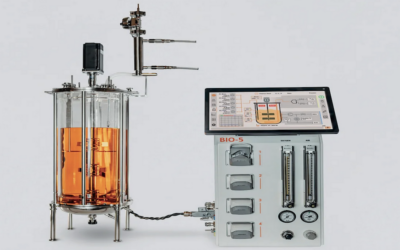Valley partner Nestlé’s Nescafé surpasses 2025 regenerative agriculture goal

Nescafé, Valley partner Nestlé’s largest coffee brand, sourced 32% of its coffee from farmers implementing regenerative agriculture practices in 2024. This achievement surpasses Nescafé’s 2025 goal of 20%, reflecting the strong traction that regenerative agriculture is gaining within coffee farmers, according to the latest Nescafé Plan 2030 Progress Report, released on Wednesday, 11 June.
Nescafé is supporting coffee farmers’ transition to practices like optimized fertilization, soil cover, mulching and composting, with the aim of improving productivity and lowering their costs. The adoption of these practices is also helping reduce greenhouse gas emissions (GHG) in coffee. In 2024, participants of the Nescafé Plan achieved a reduction ranging from 20% to 40% of GHG emissions per kilogram of green coffee.
Need for resilient supply chains
The challenges posed by climate change were acutely felt in the coffee sector this past year, across several coffee-producing countries, where farmers experienced adverse weather conditions. This has resulted in record-high global prices for both arabica and robusta coffee and less coffee available, underscoring the urgent need for more resilient coffee supply chains.
Axel Touzet, Head of Nestlé’s Coffee Brands Strategic Business Unit, said: “Regenerative agriculture is at the heart of the Nescafé Plan and our efforts to build resilience in our coffee supply chain. This third Progress Report shows that farmers are becoming increasingly aware of the benefits of these practices, as shown by the increased adoption rates. This encourages us to continue the work we do with our partners, suppliers and farmers in the regions where we source our coffee.”
As coffee trees age, they naturally become less productive and more susceptible to the effects of climate change, which can further diminish yields. Renovating and rejuvenating coffee farms is essential to maintain productivity, and in 2024, the Nescafé Plan continued its longstanding coffee plantlet program by distributing 21 million coffee plantlets to support improved yields and climate adaptation.
The Nescafé Plan currently covers more than 400 000 hectares of coffee farmlands. In 2024, over 1 400 of the Plan’s field staff and agronomists trained more than 200 000 coffee farmers in 16 countries in regenerative agriculture. These experts are actively assisting farmers with topics, such as soil erosion and runoff, organic matter management and optimized fertilization.
Through the Nescafé Plan, Nestlé and its partners continue to support farmers to help create a strong and resilient coffee supply chain for the future.
Never miss a Swiss food innovation morsel.
Latest News
The Cultured Hub unveils plant cell culturing for cocoa, coffee, and other ingredients
Valley partner, The Cultured Hub, has...
Pow.Bio and Bühler join forces to advance next-generation precision fermentation
Pow.Bio, the pioneer in AI-enabled...
The perfect mix of talent and tech: empowering startups in the Swiss food ecosystem
Innovation succeeds when the right...
Tetra Pak acquires Bioreactors.net to accelerate solutions for New Food
Tetra Pak Processing Equipment...



